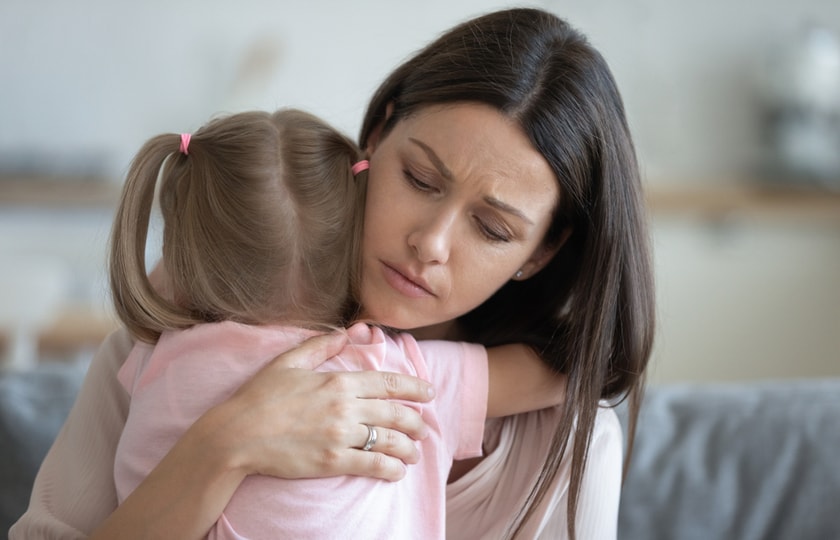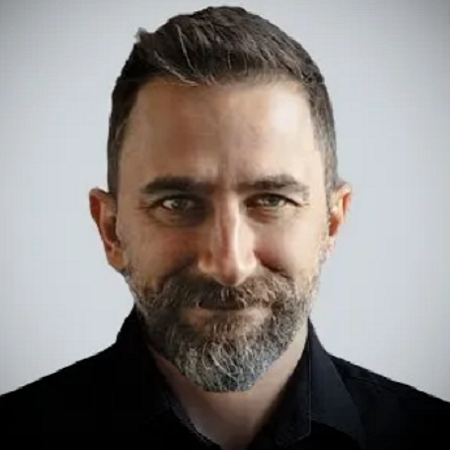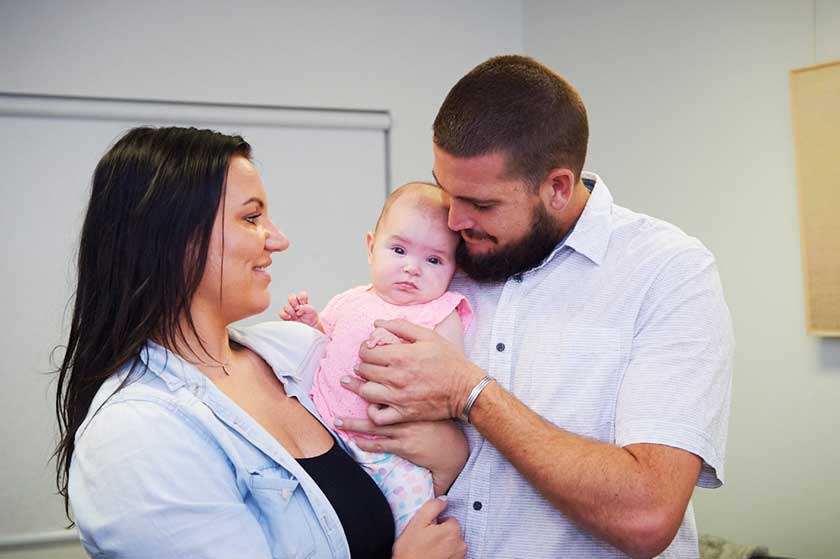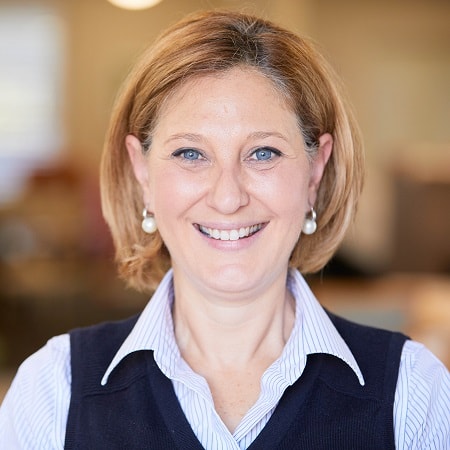Alternatively, have you felt a little bit guilty about the relief you have experienced in not having to have them home all day with you, particularly if you have been juggling work as well?
This is also normal.
Welcome to 2020 where you have likely had experiences and felt emotions you have never felt before. And with reportedly one in four children living under COVID-19 lockdowns experiencing anxiety and many more at risk of lasting psychological distress and depression, it is little wonder parents are feeling uneasy as their children transition back to school over the coming weeks.
Senior Psychologist, Megan Robson, believes it is important for parents to check in on their on mental health in order to alleviate any stress or anxiety for their kids. “It has a circular effect. Many parents feel less anxious when they see that their children are happy and coping, and in return because kids are incredibly perceptive they often mirror or internalise the emotions of their parents.”
Mindfulness, being as organised as possible, and finding ways to help parents stay in the moment are good ways to combat any stress or anxiety that the return to school process has brought about.
“The best thing that parents can do to help their kids manage their emotions is to be good at managing their own,” suggests Megan, adding that, “You can’t teach skills you don’t have.”
According to Megan there are a variety of apps that a parent can access to help them cope, such as Smiling Mind which is a free mindfulness meditation app that has been developed by psychologists and educators to help bring balance to people’s lives. Megan also suggests Headspace: Mediation & Sleep which aims to help with happiness, stress and sleep.
However for parents experiencing higher levels of anxiety, St John of God Health Care has the resources to help. “The first step is to go to your local GP. Together you can make a plan which could include a referral to a psychiatrist who will be able to help you access some of our programs,” recommends Megan.
St John of God Langmore Centre provides wellness and recovery options for people with acute mental health and addiction conditions. “If a parent is finding it difficult to cope with their child’s return to school, we have services designed to offer cognitive behaviour therapy for depression and anxiety,” explains Megan.
Telehealth appointments, on smartphone, tablet or desktop computer that allow you to connect with your health care provider without the need for a face-to-face appointment, are also available.
If it’s your child, on the other hand, who is experiencing stress and anxiety there are some simple steps you can take to help. “The really important thing to do is validate,” explains Megan. “Our common instinct is to fix things and reassure our children that everything will be okay. However a better approach is to steer away from that kind of language and ‘validate the valid.’”
To do that, it is more beneficial to a child for a parent to make sense of their fears. “So instead of telling your child that they have nothing to worry about, tell them that you understand that going back to school is a big adjustment and it’s okay to feel concerned about it. What you shouldn’t do is validate their unjust fears, for example, if they are overly concerned about getting sick.”
Megan also recommends that for children struggling with the return to school that implementing a staged approach might be a good solution. “Talk to your child’s teacher. Perhaps sending them fewer days in the first week or arranging for your child to arrive earlier to meet up with a friend might be less overwhelming for them,” suggests Megan. “If after a few weeks your child is still finding it difficult to adjust, I’d recommend seeking external support.”
Currently, as part of the government’s commitment to managing COVID, Medicare is subsidising 20 sessions with a psychologist for individuals suffering from mental health issues. However, if you have a secondary school aged child, Megan supports the use of “headspace” (not to be confused with the app mentioned earlier) – a youth mental health foundation that offers a free service to adolescents. “It’s a one-stop shop,” says Megan. “If you are in need of a referral and don’t have a GP you can also get access to one through the headspace website.








